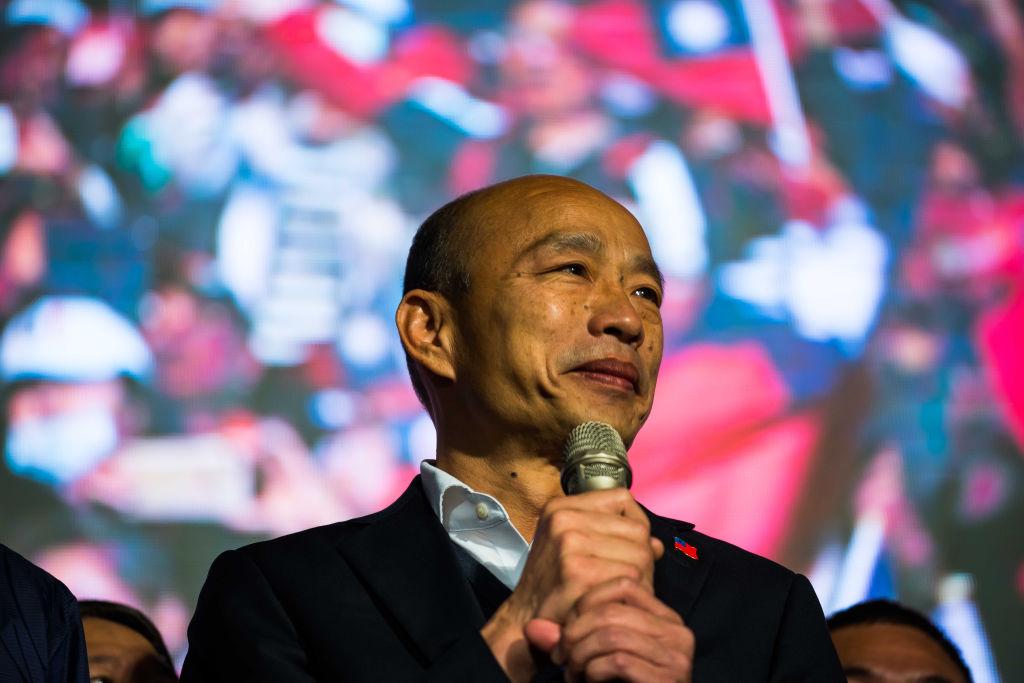TAIPEI, Taiwan—A Beijing-friendly mayor in Taiwan who was the opposition candidate in this year’s presidential race has been voted out of office after an unprecedented recall election on June 6.
More than 939,000 people voted to remove Han Kuo-yu, the mayor of southern Taiwan’s city of Kaohsiung and a member of the Kuomintang (KMT) party, for being “unfit” for office. About 25,000 people voted against Han’s recall. The voting turnout was about 42 percent.



